Indigenous Governance Database
diversified economy

A Place Called Poarch Podcast
The Poarch Creek Indians produced a 24-episode podcast (March 2022-December 2023) covering a variety of nation-building topics including tribal lands, sovereignty, property rights, and more.
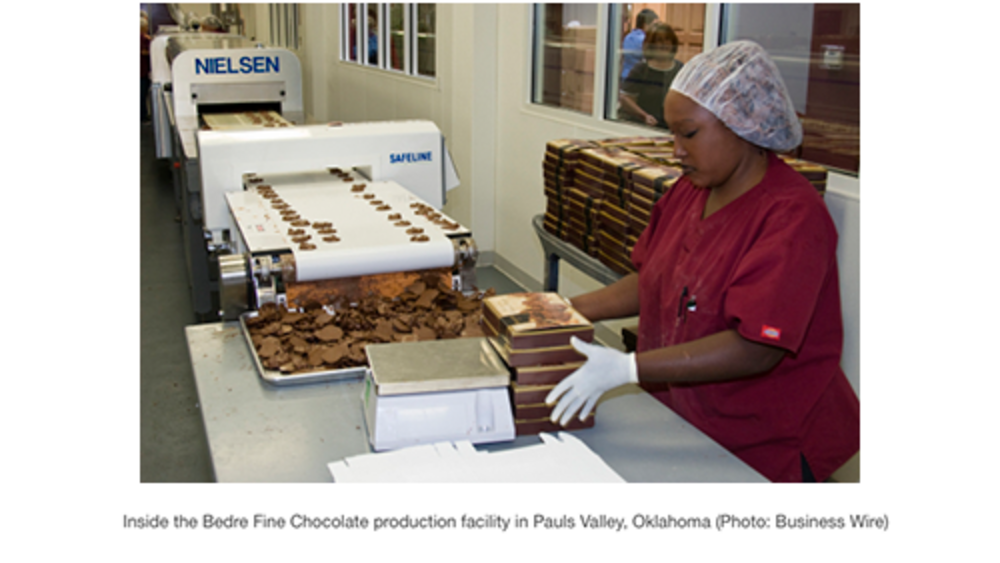
Oklahoma City University Study Reveals Substantial Economic Impact of the Chickasaw Nation on Oklahoma's Economy
The contribution and impact of the Chickasaw Nation on the economy of Oklahoma exceeds $2.4 billion dollars according to an economic impact analysis released today by the Steven C. Agee Economic Research & Policy Institute at Oklahoma City University. The report, "Estimating the Oklahoma…
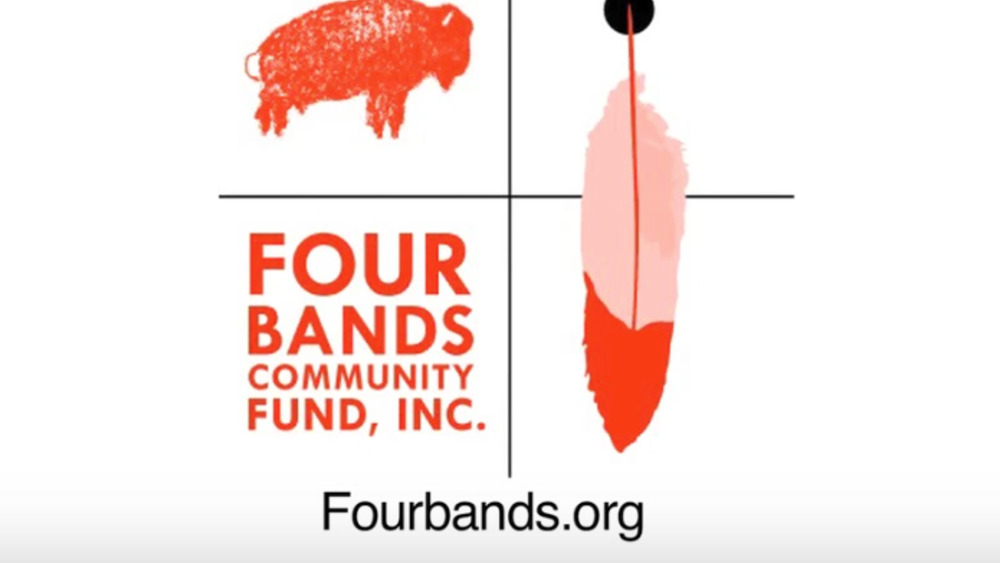
Four Bands Community Fund
As a nonprofit organization and a Native community development financial institution (CDFI) certified by the U.S. Treasury, Four Bands Community Fund continuously strives to achieve its mission of creating economic opportunity by helping people build strong and sustainable small businesses and…
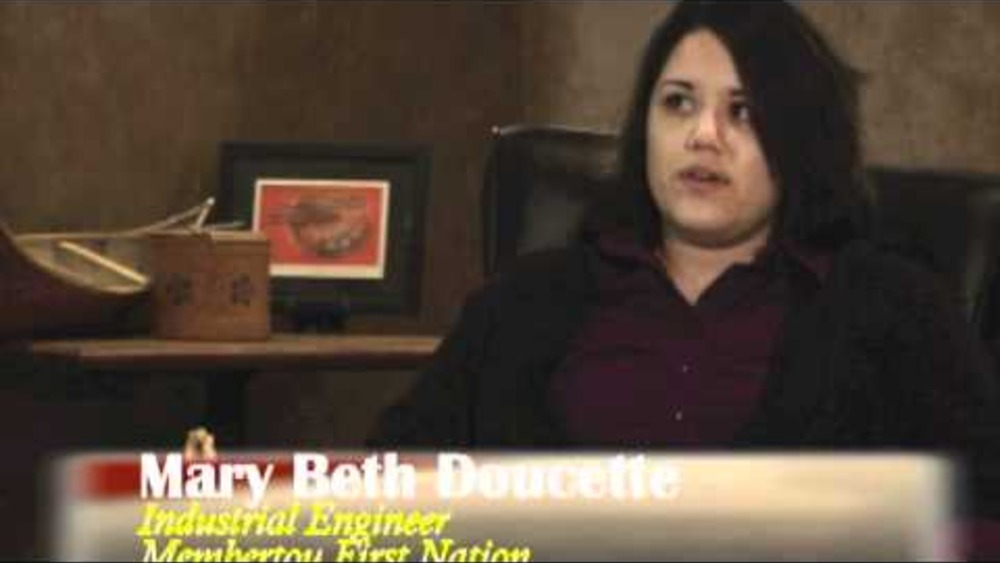
Membertou: Accountable to the Community
Leaders of Membertou First nation explain how a high level of accountability to citizens and partners has been key to its success in both governance and business.
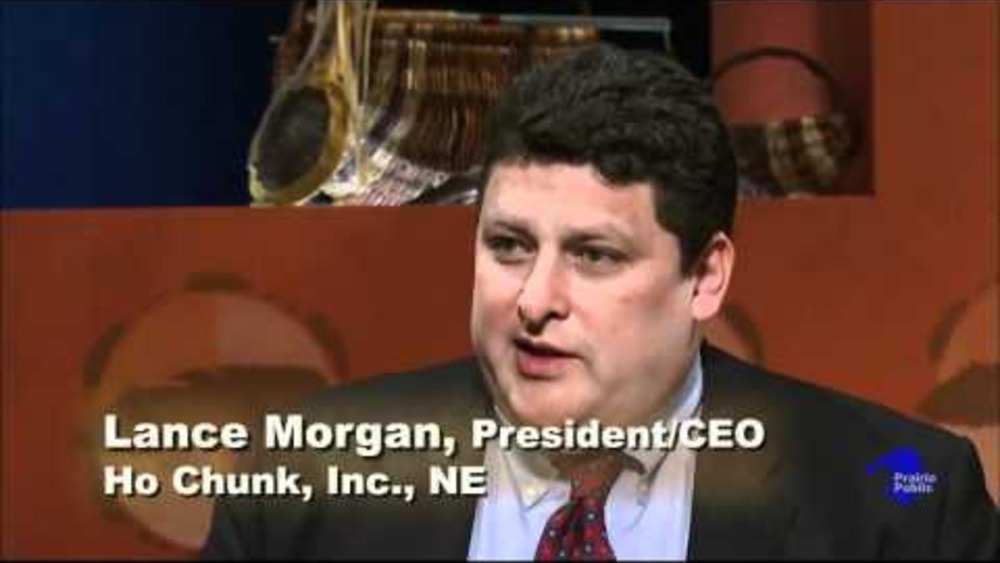
Indian Pride: Episode 108: Economic Development
This episode of the "Indian Pride" television series, aired in 2007, explores the economic development efforts of selected Native nations cross Indian Country. It also features an interview with Lance Morgan, CEO of the Winnebago Trib'es Ho-Chunk, Inc., who provides an overview of the evolution of…
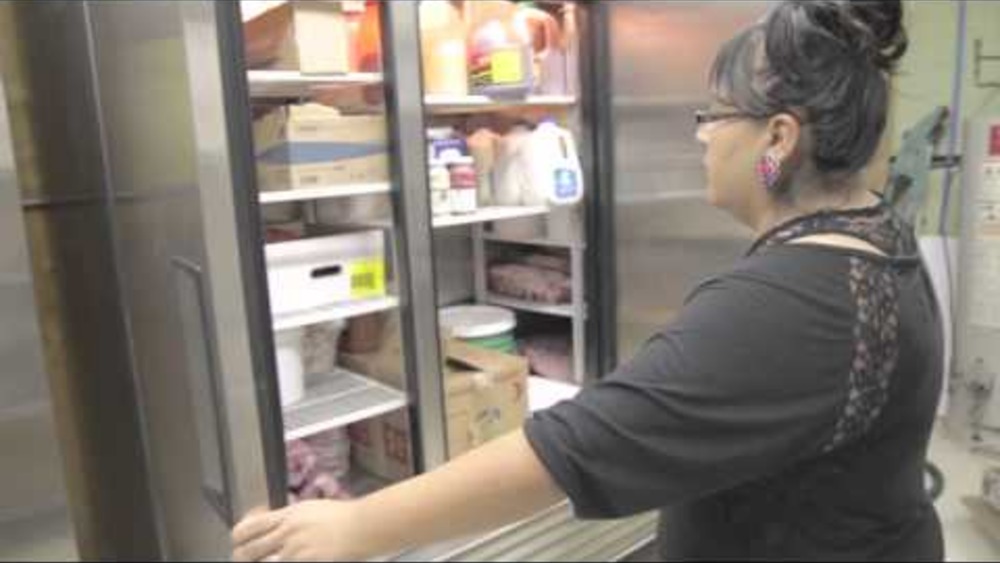
Building a More Sustainable Future on Cheyenne River
This brief video showcases five of Four Bands Community Fund's loan clients who have used their loan proceeds to advance green and social entrepreneur concepts on the Cheyenne River Indian Reservation.

Cherokee Nation's Kawi Café offers small business training
The Cherokee Nation’s Kawi Café is now serving up its signature Cherokee blend coffee in downtown Tahlequah, while giving budding entrepreneurs firsthand experience running their own business. A ribbon-cutting was held Thursday at the café, which the Cherokee Nation opened last month in a 1,…
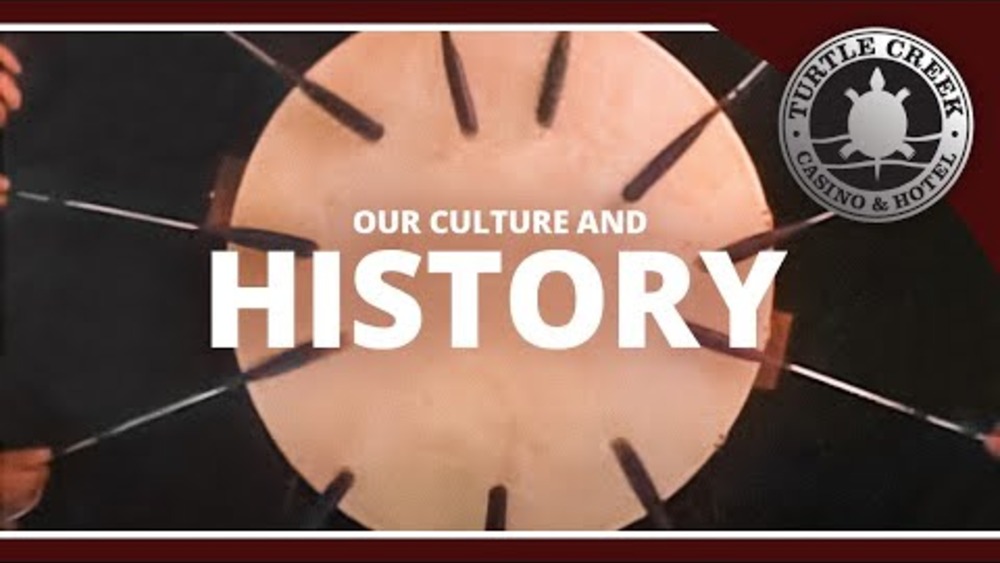
The Grand Traverse Band of Ottawa and Chippewa Indians
This video, produced by the Grand Traverse Band of Ottawa and Chippewa Indians, provides a brief overview of the nation's history, from its push to achieve federal recognition to its efforts to create a diversified, sustainable economy.
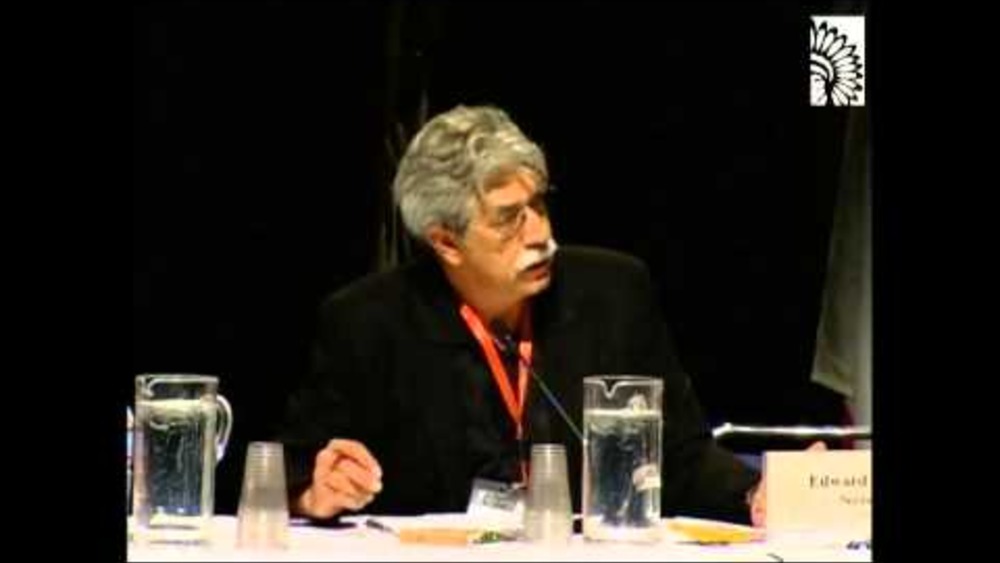
Melvin L. Sheldon: Refining Our United Vision
Melvin L. Sheldon, Chairman of the Tulalip Tribes, provides an overview of Tulalip's building of a sustainable, diversified economy, and discusses some of the important steps Tulalip took to create a commercial environment capable of supporting business success.
Pagination
- First page
- …
- 1
- 2
- …
